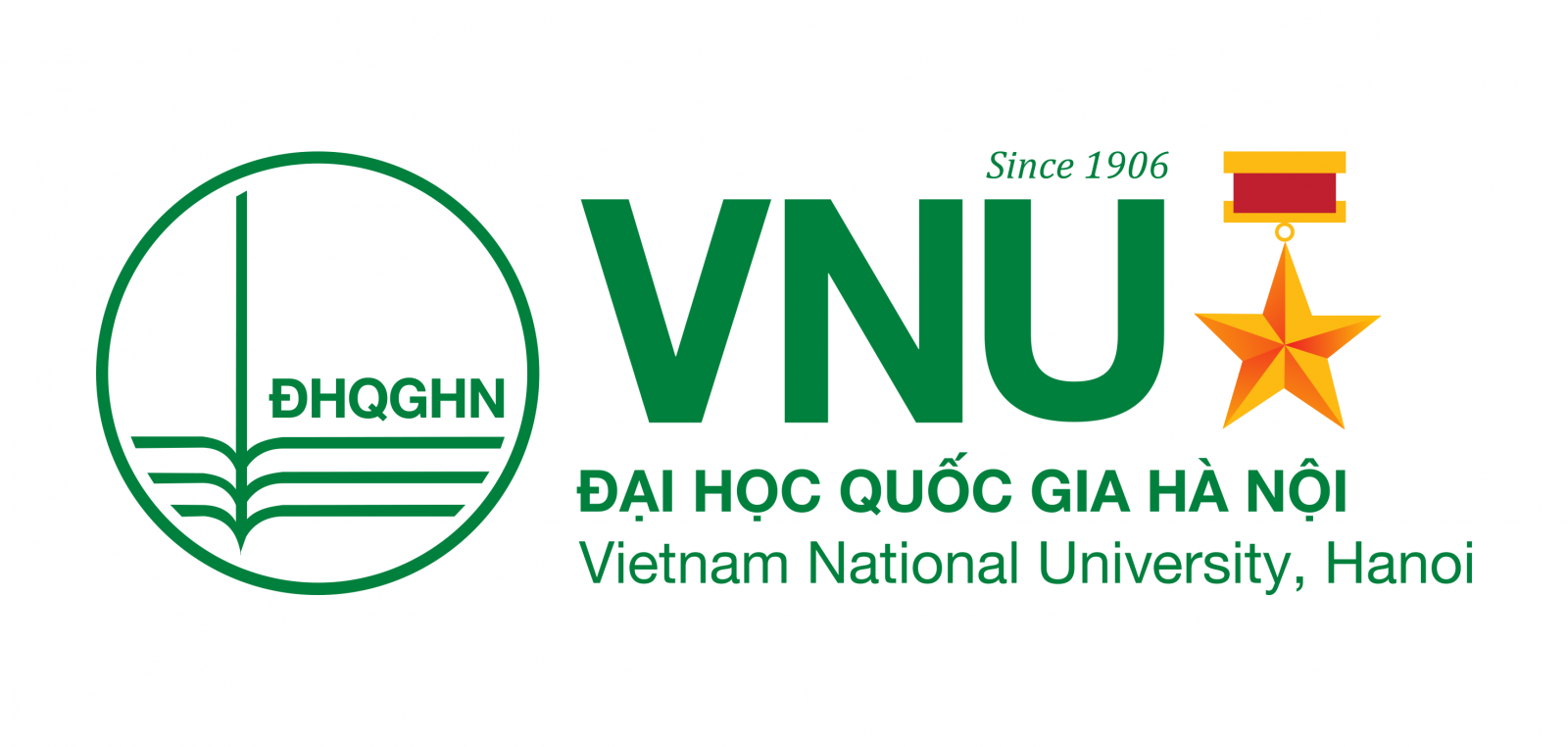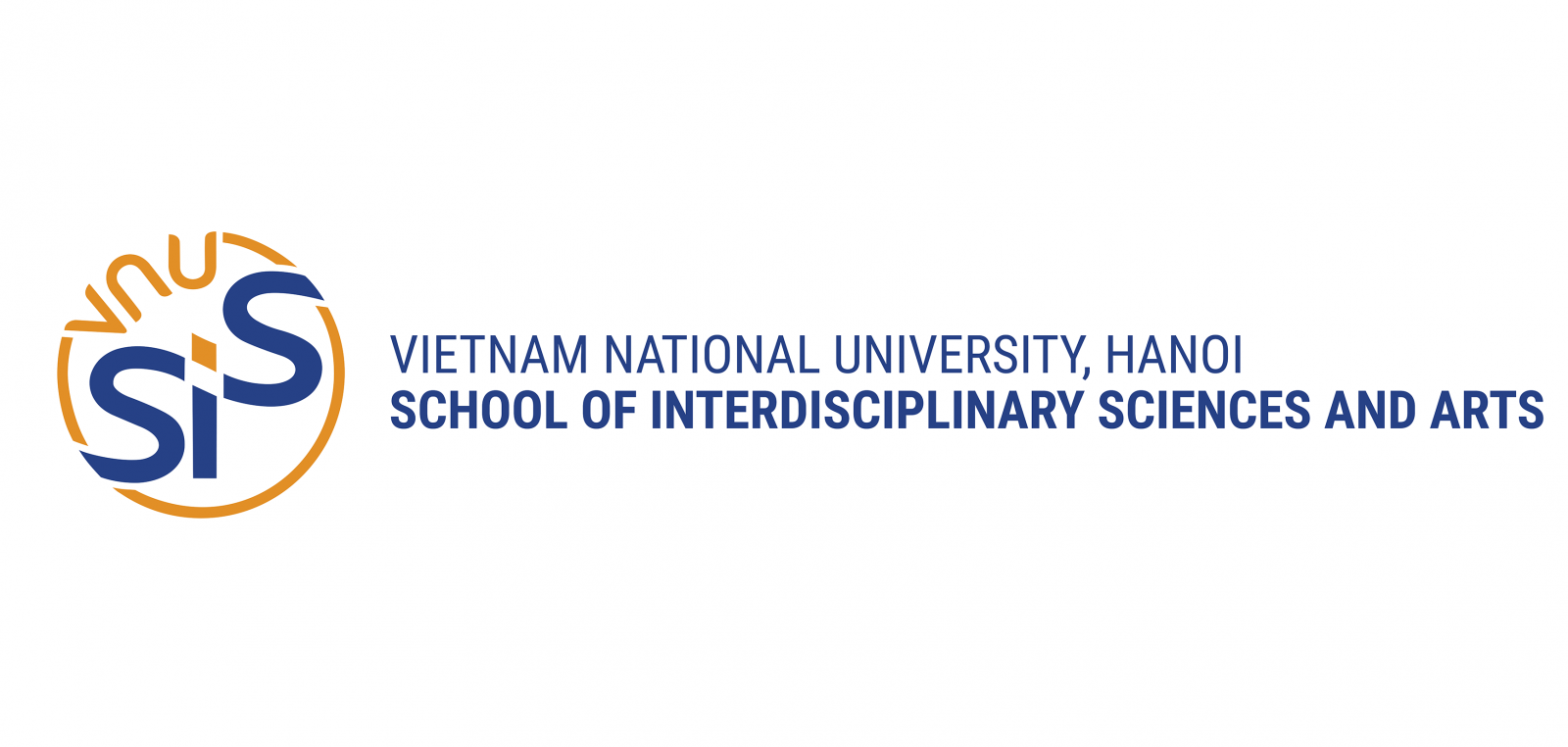
Michiel van Dijk
Biography
Doctor Michiel van Dijk is a senior researcher in the international policy department at Wageningen Economic Research, part of Wageningen University and Research, and a guest research scholar (out of office) at the International Institute for Applied Systems Analysis (IIASA). Michiel van Dijk combines an economic and quantitative background with experience working and living in various developing countries to analyze research questions related to economic growth, food and nutrition security, and climate change. Michiel uses tools such as global simulation models, particularly the in-house computable general equilibrium model MAGNET, spatial microsimulation, econometric analysis, and GIS. He collaborates with agronomists, hydrologists, and other scientists. He is currently leading work package four of the CGIAR SHiFT initiative, focused on analyzing trade-offs and synergies associated with transforming to healthy and sustainable diets. Michiel van Dijk also leads work package seven of the Horizon Europe BrightSpace project, which aims to develop new approaches and indicators to assess income, health, and other socio-economic domains of EU agriculture, called the just operating space, now and in the future. Other current research activities include improving crop distribution maps in collaboration with the International Food Policy Research Institute, developing a spatial microsimulation model to assess future patterns of income, poverty, and consumption change, and applying machine learning approaches to map the location of farmers. In Michiel's free time, he enjoys skating, kitesurfing, snowboarding, playing football, running, collecting vinyl records, and attending live concerts.
The crisis of the global food system
The contemporary global food system is at a crossroads. While industrial agriculture has succeeded in boosting food production and feeding growing populations, it has also contributed to a series of interconnected crises: biodiversity loss, land degradation, overuse of agrochemicals, water stress, and greenhouse gas emissions. Simultaneously, the system has failed to eliminate hunger and malnutrition, with nearly 735 million people facing food insecurity in 2023 (FAO), while food waste and diet-related diseases continue to rise.
This multifaceted crisis has revealed the fragility and unsustainability of conventional food systems. It also underscores the urgent need for a transformation beyond technological intensification and addresses food and agriculture’s ecological, social, and economic foundations.
Agroecology as a transformative framework
Agroecology has emerged as both a scientific discipline and a socio-political movement advocating for an integrated, systems-based approach to agriculture. It draws from ecological principles to guide farming practices that are diversified, resource-efficient, and regenerative. Core principles of agroecology include:
- Enhancing biodiversity and soil health.
- Minimizing external inputs and dependence on fossil fuels.
- Recycling nutrients and closing energy and water loops.
- Strengthening local food systems and producer autonomy.
- Integrating traditional knowledge with scientific innovation.
Agroecology aligns with the broader vision of sustainable food systems that ensure food security and nutrition for all, without compromising the environmental, social, and economic bases for future generations. It connects agriculture with health, equity, climate resilience, and rural livelihoods.
The role of sustainable diets and circular food systems
A sustainable food system is about production and consumption, distribution, and cultural dimensions of food. Transitioning to healthy, sustainable diets rich in plant-based foods, locally sourced, and low in environmental footprint, is central to reducing emissions from food systems and improving public health.
Furthermore, circular food systems are gaining attention, focusing on reducing food loss and waste, valorizing organic residues (e.g., compost, biofertilizers, biogas), and shortening supply chains through agroecological markets, community-supported agriculture (CSA), and urban-rural linkages.
Together, these approaches aim to redesign food systems as regenerative, inclusive, and climate-smart, aligned with the SDGs and the UN Food Systems Summit principles.
Vietnam’s agroecological transition: Challenges and potential
In Vietnam, agriculture remains a cornerstone of rural livelihoods and national food security. However, intensive monocultures, high pesticide dependency, and vulnerability to climate change (floods, droughts, salinity) have exposed major sustainability concerns.
Agroecological practices, such as integrated pest management (IPM), agroforestry, organic farming, and rice-fish rotation, are already being promoted through national and regional programs. Additionally, the adoption of sustainable food system frameworks offers potential to:
- Enhance nutritional quality and dietary diversity.
- Build resilience to climate shocks and market volatility.
- Improve soil, water, and biodiversity health.
- Strengthen smallholder inclusion and farmer-led innovation.
Nevertheless, key barriers remain: lack of policy coherence, limited research-extension linkages, insufficient consumer awareness, and the need for supportive incentive structures.
Session objectives and research focus
The “Agroecology and Sustainable Food Systems” session of the Green Transformation 2024 conference provides an academic platform to:
- Explore cutting-edge research on agroecological methods and sustainable food value chains.
- Share local and international case studies on food system transitions.
- Evaluate the role of education, consumer behavior, and food culture in driving sustainability.
- Analyze circular approaches to food waste, nutrient cycling, and biomass reuse.
- Identify policy and institutional levers for scaling agroecology in Vietnam and the Global South.
Presentations in this session draw from interdisciplinary perspectives, combining agronomy, nutrition, ecology, sociology, and public policy.
Toward food systems that nourish people and planet
This session advances the idea that food systems are economic mechanisms and living systems embedded in ecosystems, cultures, and communities. Agroecology and sustainable food systems offer a vision of transformation rooted in ecological integrity, social equity, and food sovereignty.
By promoting resilience, reconnecting producers and consumers, and embracing system-level innovation, this session contributes to building food systems that nourish both people and planet in a climate-constrained world.


